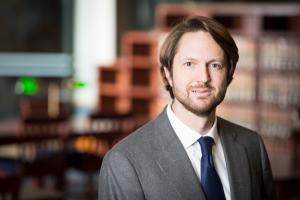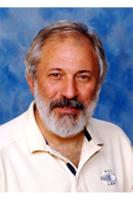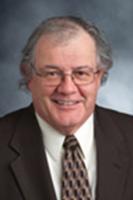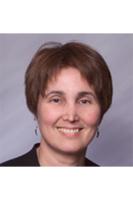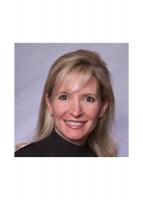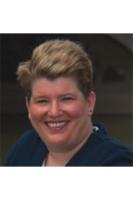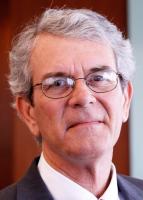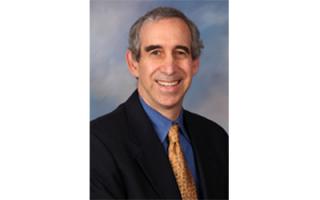Author of the Week: Professor Lee Peoples
Professor Peoples’ research and scholarship is focused on comparative law and on the impact of technology on legal research, the judiciary, and the law. He has published articles, books, and book chapters on these topics. He is co-founding editor of the Legal Information and Technology eJournal on SSRN. He teaches advanced legal research classes and is a frequent lecturer in law school classes. Professor Peoples is active in professional organizations including the American Association of Law Libraries and Association of American Law Schools. He is vice president of the Mid-America Law Library Consortium.
He served as the Director of International Programs for the School of Law from 2007-2010. In that position he developed the innovative Certificate in American Law Program. Prior to his appointment as Law Library Director in 2010 he served as Associate Director, Associate Director for Faculty and Research Services, and Head of Reference Services. Before joining the faculty Professor Peoples practiced law in Oklahoma City. He is admitted to practice in the State of Oklahoma, Western District of Oklahoma, and Tenth Circuit Court of Appeals.
